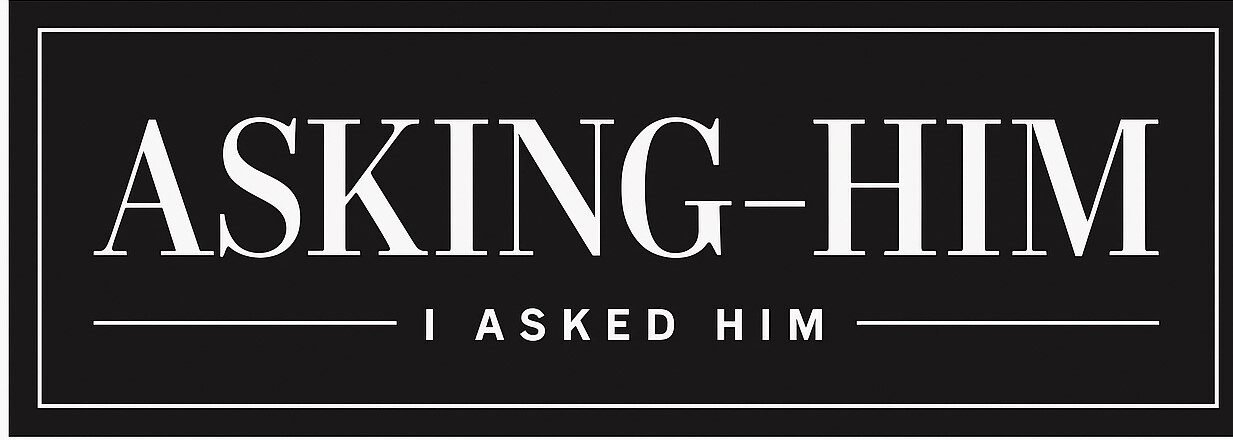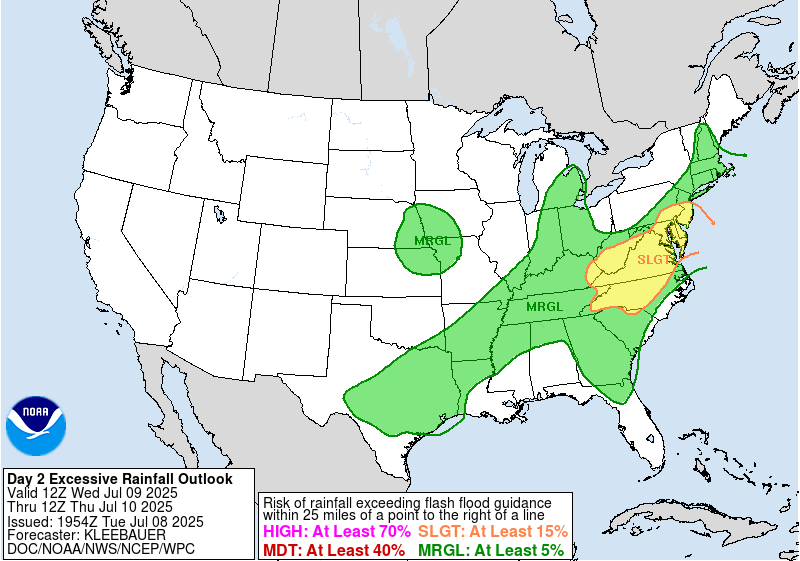Updated: July 8, 2025
Over 85 million people are under flash flood watches as a powerful storm system barrels through the Northeast and Mid-Atlantic. With up to 2 inches of rain per hour expected in some areas, communities from Washington, D.C. to Boston are bracing for possible life-threatening flooding, power outages, and emergency rescues.
This storm is not isolated to one state. It spans nine key states along the I-95 corridor, including:
- Washington, D.C.
- Maryland
- Delaware
- Pennsylvania
- New Jersey
- New York
- Connecticut
- Massachusetts
- Rhode Island
⚠️ TIMING AND THREATS
- Storm Duration: July 8 into early July 9, 2025
- Rain Rates: Up to 2 inches per hour in multiple regions
- Flood Watch Windows: NYC and Hudson Valley (2 PM–2 AM); DC, Philly, and Baltimore (late afternoon through midnight)
- Flight Impacts: JFK, LaGuardia, Newark, DCA, and Philly all experiencing ground stops or delays (7,100+ flights canceled, 26,000+ delayed)
🌪️ EMERGENCY PREP CHECKLIST
Home & Family:
- Unplug electronics and secure valuables
- Move items to upper floors in flood-prone areas
- Fill bathtubs with water (non-drinking use)
- Charge phones and backup batteries
If You Must Evacuate:
- Shut off gas and electricity at the main source
- Take essentials: medications, ID, important documents, cash
- Don’t forget pets: leash, crate, food, water, and meds
Commuting/Driving:
- Avoid travel during peak storm hours
- Never drive through flooded roads — “Turn Around, Don’t Drown”
- Know alternate routes if major roads flood
What to Keep With You:
- Flashlight and power bank
- First-aid kit
- Bottled water and dry snacks
- Blankets or weather-resistant clothing
🏡 SHELTER & ALERTS
- Find Emergency Shelters: Check local emergency management websites or call 2-1-1
- FEMA Guidance: ready.gov/floods and fema.gov
- Stay Updated: Use local news alerts or the FEMA app for real-time emergency notices
🔍 HISTORICAL CONTEXT
- While this storm is not yet as catastrophic as the Texas floods, its rain rate and population density make it extremely dangerous.
- New York City’s subway system is particularly vulnerable to flash flooding.
- In 2021, Hurricane Ida caused 13 deaths in NYC due to basement flooding — many in the same zones now under watch.
📊 WHO’S MOST AT RISK?
- Elderly residents in walk-ups or high-rises
- People with mobility or medical challenges
- Pet owners needing shelter access
- Commuters on rail, bus, or road systems during flood windows
✉️ WHAT YOU CAN DO NOW
- Share this article with family, especially those in vulnerable areas
- Prepare now while there is still time
- Stay indoors after 4 PM if you’re in a watch zone
- Keep your phone on and volume up for alerts
We will update this post as the situation develops.






